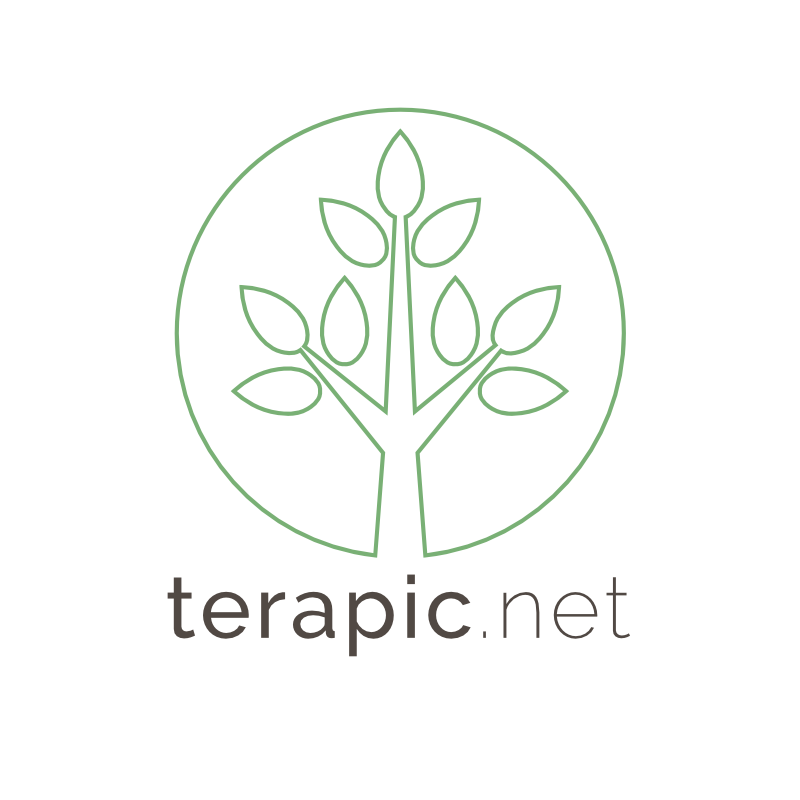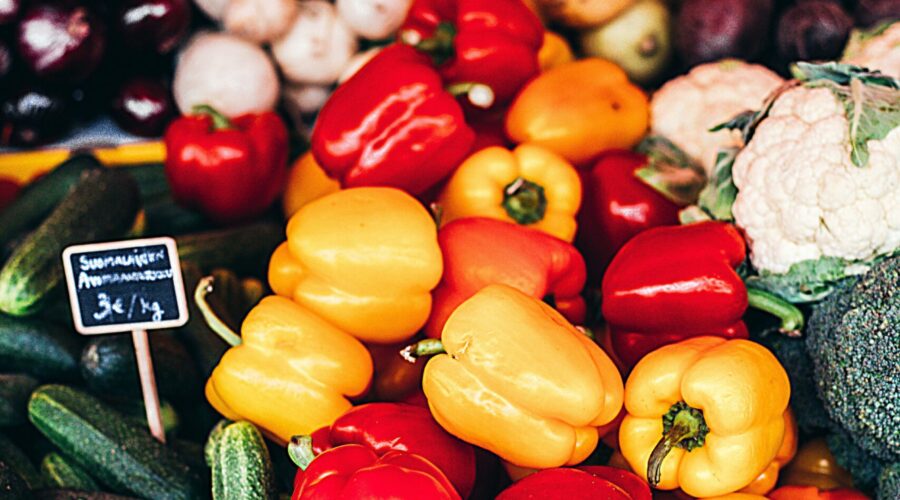What is organic and why?
What do we exactly mean when we talk about something being organic? How can it be understood concerning organic food and produces offered on terapic.net? And why do we think that organic is the way to go?
Organic food has become increasingly popular. The reason behind this is the belief of organic food being healthier, tastier and more environmentally and animal friendly than conventional food. Let’s have a closer look on the details.
What does organic mean?
As per definition, organic describes foods or products grown or made without the use of artificial chemicals, hormones, antibiotics or genetically modified organisms (GMOs). This means for example that organically grown crops use natural fertilizers like manure to help it grow. And animals are not given any antibiotics or hormones.
Further are organic products based on ecologically, socially and economically sustainable production. Standards may vary worldwide but the meaning of something being organic features practices that cycle resources, promote ecological balance and conserve biodiversity.
Within the EU for example, organic producers comply with the EU organic regulations. So, when you buy an organic product, you can be sure there’s been:
- limited use of only naturally-derived pesticides
- no genetically modified ingredients
- no routine use of antibiotics
- no use of growth stimulants like hormones
- no artificial colours or preservatives
- … and the livestock is free-range
These different standards in production result in non-organic food having higher levels of pesticides, antibiotics and/or hormones.
So, is organic better/healthier?
Aside of carrying fewer pesticides, a number of studies show that organic foods contain higher levels of certain nutrients such as vitamin C, iron, phosphorus and magnesium [1] . They are as well lower in nitrates residues [2]. High nitrate levels are associated with an increased risk of certain cancer types [3]. Therefore they may provide health benefits for the consumer.
Although, organic doesn’t automatically mean healthier because A) food isn’t the only thing affecting our health – so is how we live in relation to chemical exposure in general (city, cleaning products etc.).
And B) just as non-organic food, organic products can be just as high in sugar, fat and calories. Products such as organic cookies, sodas etc., despite being organic, these items may still be low in nutrients.
None the less, organic products do have numerous benefits:
Environmental benefits:
- Organic practices are good for the environment as they take care of the health of the soil and its fertility, by improving soil quality and conserving groundwater,
- hence are reducing pollution and
- support biodiversity and wildlife to maintain an ecological balance.
More health benefits:
- Organic food consumption may reduce the risk of allergic disease and of overweight and obesity but the evidence is inconclusive as consumers of organic food tend to lead healthier lifestyles overall.
- Studies suggest that organic dairy may reduce allergic dermatitis and
- in general organic foods may help to improve skin health.
- Organic meat and milk tend to be 50% richer in nutrients such as omega-3 fatty acids [4] as well as any bacteria found in organically produced meat are less likely to be resistant to antibiotics. Omega-3 fatty acids have been associated with many health benefits such as reducing risk of heart disease.
- A study reported that organic versions of fruit, vegetables and cereals could provide extra antioxidants. This is comparable to eating 1-2 extra portions of fruit and vegetables. The reason for this is that organic plants do not rely on chemical pesticide for protection so they produce more of their own protective compounds – known as antioxidants.
As you see, there are different reasons why choosing to buy organic makes sense: health, taste, avoiding pesticides and caring for the environment. As human beings living on this planet earth we can make a difference by choosing to buy organic. This is what we stand for at terapic. We want to promote and support practices that are naturally taking care of our planet earth.
[1] https://www.tandfonline.com/doi/abs/10.1080/07352689.2011.554417, https://pubmed.ncbi.nlm.nih.gov/21929333/, https://pubmed.ncbi.nlm.nih.gov/12590461/, https://pubmed.ncbi.nlm.nih.gov/24968103/
[2] https://www.sciencedirect.com/science/article/pii/S1573521411000054
[3] https://onlinelibrary.wiley.com/doi/10.1002/ijc.31306
[4] https://onlinelibrary.wiley.com/doi/full/10.1002/fsn3.610, https://pubmed.ncbi.nlm.nih.gov/26878105/, https://www.sciencedirect.com/science/article/pii/S0022030218302042

